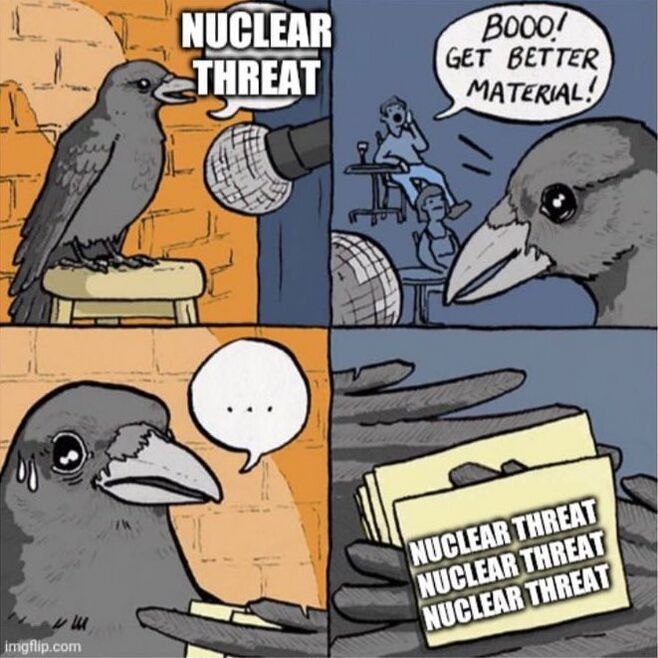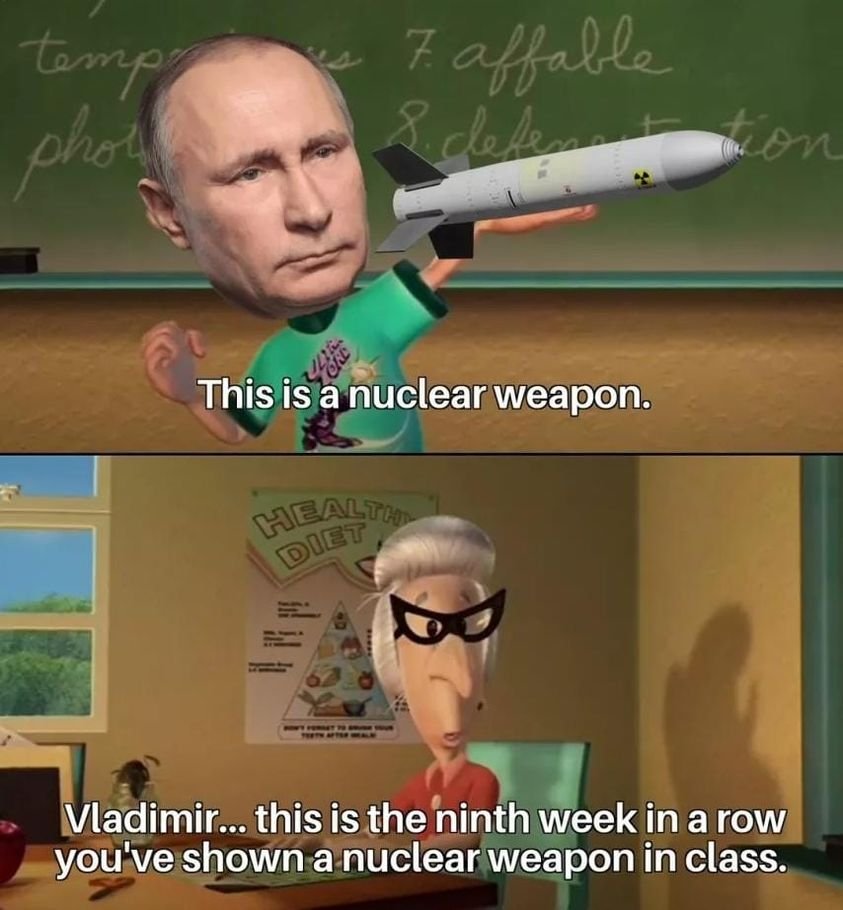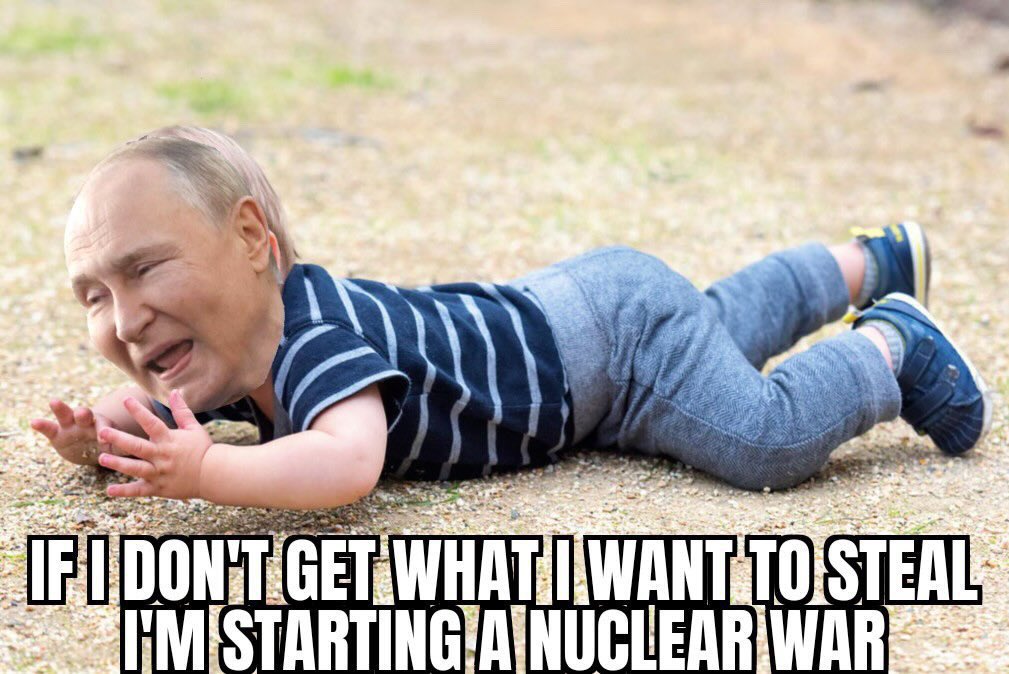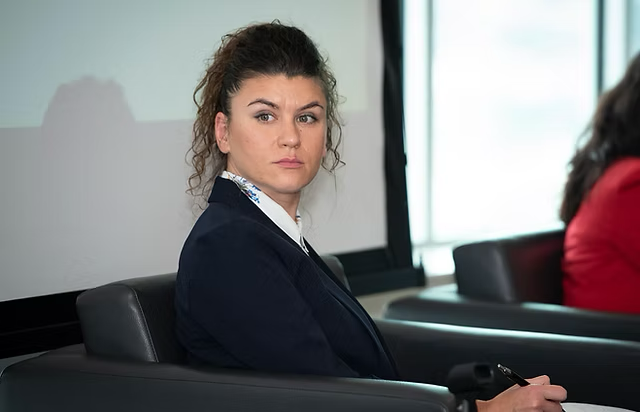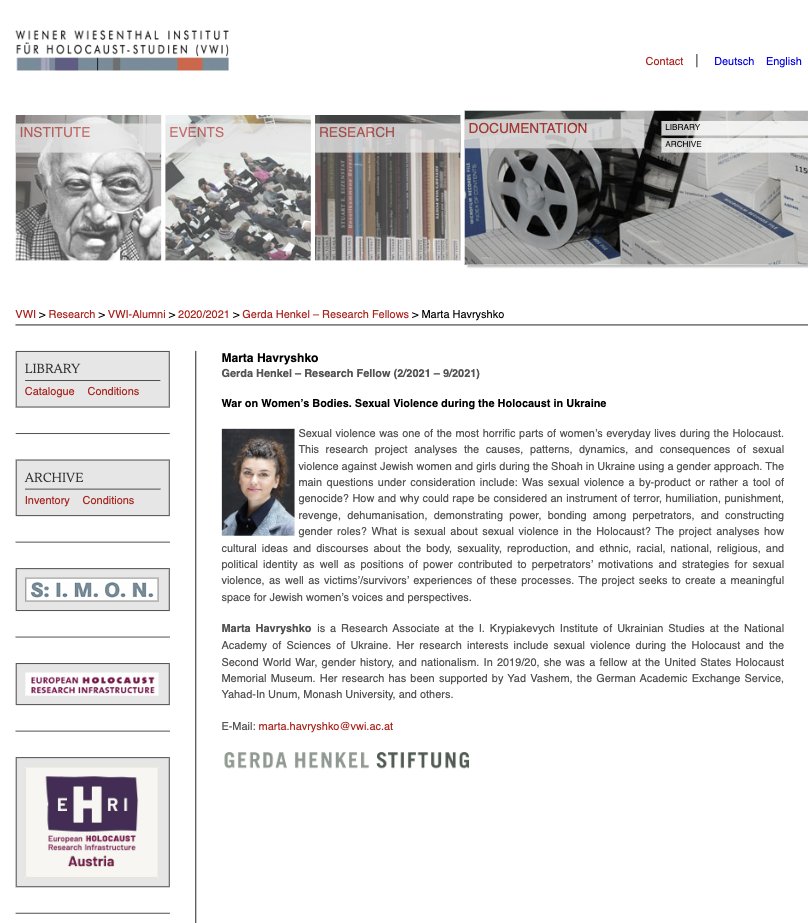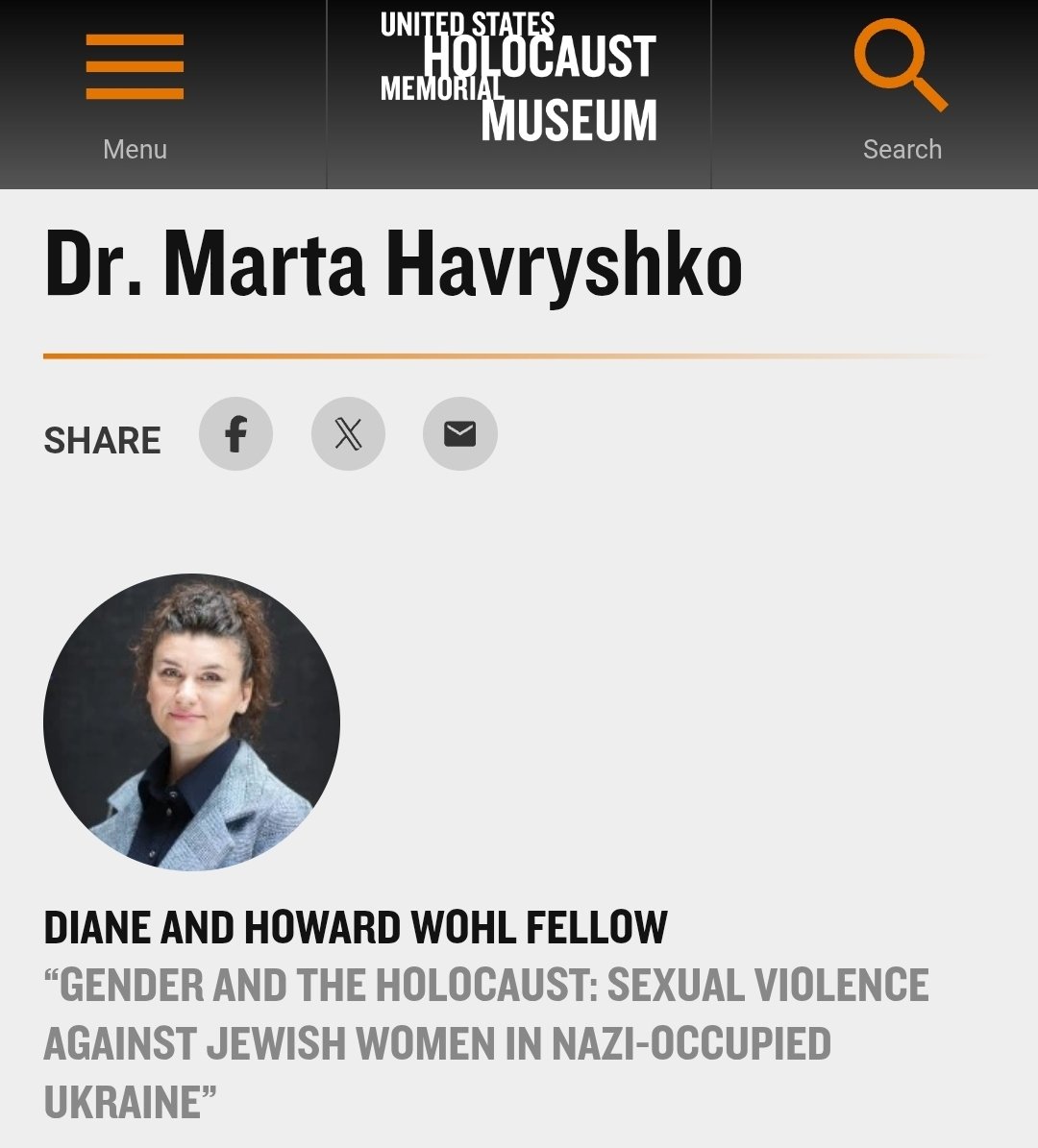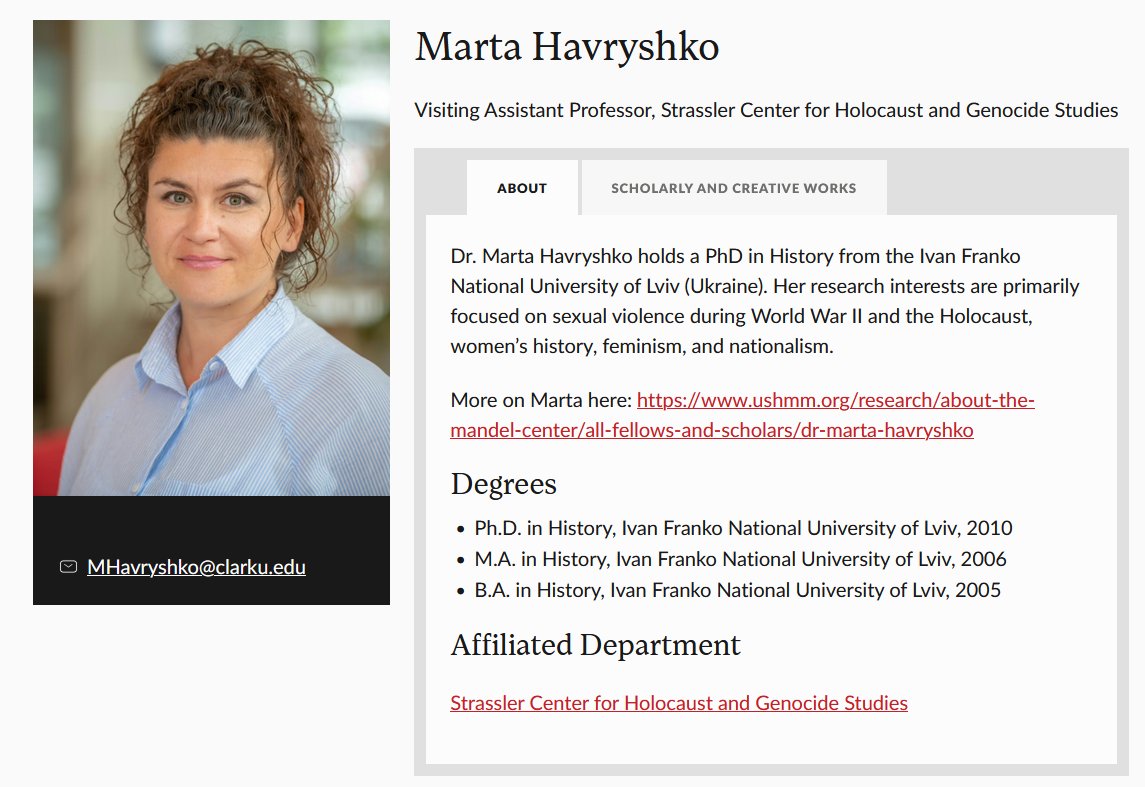In today's #vatniksoup I'll introduce a Latvian politician and MEP, Tatjana Ždanoka. She's best-known for her history in the Communist Party of Latvia, for her pro-Russian politics in the country, and for her strong and constant support of Russia in the European Parliament.
1/18
1/18

Based on Ždanoka's speeches and social media posts, she has a deep hatred towards the Latvian-speaking population of Latvia. The reason for this can only be speculated, but part of it could be due to her paternal family being killed by the...
2/18
2/18
... Latvian Auxiliary Police, a paramilitary force supported by the Nazis, during the early 1940s. She became politically active in the late 80s. She was one of the leaders of the Interfront, a political party that supported Latvia remaining part of USSR.
3/18
3/18

Between 1971 and 1991 she was also a member of the Communist Party of Latvia, later stating that "she wasn't part of the party hierarchy". In 1999, Ždanoka was banned from being part of the Latvian parliament Saeima and deprived of her position at the Riga City Council.
4/18
4/18

It turned out, that she had participated in the Communist Party's Audit Committee after it had called for a coup against the Latvian government in 1991. Because of this ban, her only option to have influence through politics was the European Parliament (EP), ...
5/18
5/18

...in which she was elected for the first time in 2004 and many times since.
Since the communist times of the USSR, she's fully committed to supporting the Russkiy Mir. Like most Russians, she's said that she was "ashamed to admit" to being Russian during the Yeltsin era,..6/18
Since the communist times of the USSR, she's fully committed to supporting the Russkiy Mir. Like most Russians, she's said that she was "ashamed to admit" to being Russian during the Yeltsin era,..6/18

..but "was no longer embarrassed for Russia and its leadership" after Putin took over.
In 2014 she traveled to Crimea to act as "international observer" on the Crimean referendum. The trip was paid for by the EU. Edgars Rinkēvičs, the Minister of Foreign Affairs of Latvia,..7/18
In 2014 she traveled to Crimea to act as "international observer" on the Crimean referendum. The trip was paid for by the EU. Edgars Rinkēvičs, the Minister of Foreign Affairs of Latvia,..7/18

.. pointed out that "Ždanoka did not to represent Latvia nor the EU" as she didn't have official authorization from either. In 2020 she was included in the European Platform for Democratic Elections database as "biased observer".
8/18
8/18

At the same time she was also actively promoting the idea that the Russian minorities are being repressed in Donbas, and also tried to make a connection between the oppressors and far-right politics. Many of her speeches at the EP are also about the repression...
9/18
9/18

...of the Russian language both in Ukraine and in the Baltic countries. She has compared the situation of Russian-speaking population of Latvia to Jews prior to WW2, and has spoken about this alleged repression many times in the European Parliament.
10/18
10/18

In 2016 she paid a visit to Syria's totalitarian leader Bashar al-Assad. On her trip, she was joined by Estonian politician and MEP Yana Toom, as well as Spanish MEP Javier Couso Permuy.
11/18
11/18

In recent years, Ždanoka has been collaborating closely with two Irish MEP's, Mick Wallace and Clare Daly. In Jun, 2022, they organized a visit in Strasbourg for "like-minded schoolchildren" where the kids could ask loaded questions from all three.
12/18



12/18




Ždanoka, Wallace and Daly have all been fervent defenders of convicted Lithunian spy, Algirdas Paleckis, who was convicted for spying for Russia in 2021. They visited him in prison in Dec, 2022.
13/18
13/18
On 16 Feb, 2022, she held a speech at the EP, claiming that other MEP's "pronounced Nazi slogans" at the Parliament, and continued lying about the "genocide in Donbas" and even showed a picture 4-year-old allegedly killed in the shelling.
14/18
14/18
While thousands of civilians were killed in Ukraine, Ždanoka's biggest worry was statues: throughout the year 2022, she was very critical of Latvia taking down Soviet-era statues. Most of her speeches in the EP were about this issue, suggesting that "more than 70...
15/18


15/18



...monuments to the liberators of Latvia from German Nazi occupiers were dismantled". Her party, Latvian Russian Union, gathered 10 000 signatures for a petition against the demolition of these statues.
16/18
16/18

Ždanoka's voting pattern in the European Parliament has been consistent - out of the 22 votes, she voted 20 times against condemning Russia's actions. Some examples include condemning Russia's invasion of Ukraine in Feb 2022, and naming Russia a sponsor of terrorism.
17/18


17/18



The Latvian Human Rights Committee, a group Ždanoka is a member of, has received significant funding from a Russian organization called Fund for the Legal Protection and Support of Russian Federation Compatriots Living Abroad.
18/18

18/18


Support my work (and get some AI art!): buymeacoffee.com/PKallioniemi
Past soups: vatniksoup.com
Related soups:
Clare Daly:
Mick Wallace:
Past soups: vatniksoup.com
Related soups:
Clare Daly:
https://twitter.com/P_Kallioniemi/status/1618985882350141440
Mick Wallace:
https://twitter.com/P_Kallioniemi/status/1613077071172980737
• • •
Missing some Tweet in this thread? You can try to
force a refresh
























